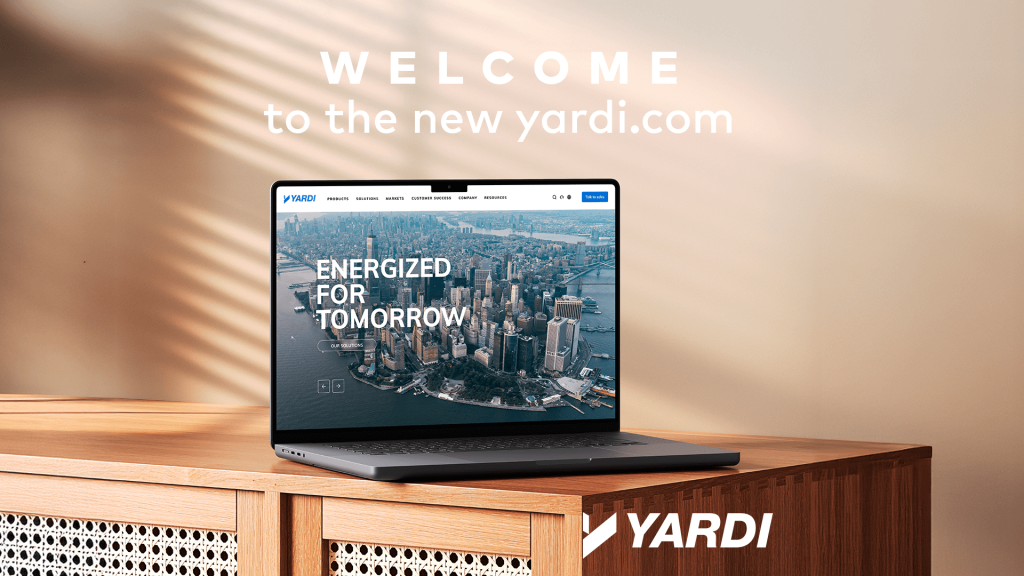By Erica Rascón on February 6, 2015 in News
Building a house is nothing like ordering a pizza over the phone. But  maybe it should be.
maybe it should be.
With few exceptions, restaurants order ingredients and supplies in advance. They create a menu of offerings and then take orders over the phone based on the menu listings. Substitutions are made when the order is placed. Once the staff ensures that they have what’s needed, the order is filled. What if contractors took the same approach?
It has happened before with a high success rate. Rosie Romero offered “the impossible promise” that projects would come in on time and on budget, or they would be free. Jeb Breithaupt of JEB Design/Build in Shreveport, La. reports to Builder Online that he’s making a similar offer to his clients. Both offer the promise by mimicking the pizza process.
The design/build firms spec out the project, like creating a menu and pricing. Clients then make selections and customizations as needed. Once the availability of materials is verified, the orders are placed. Homeowners view and approve the orders and then ground breaks on the project. Clients can’t go back and make changes to the order. The contractors aren’t surprised by changes in price or the availability of materials after the fact. It’s all arranged before the first shovel juts into the ground.
This process makes so much sense. “That’s what my company tries to do on custom home projects. I’ve also tried it on a couple of design/build jobs, and believe it or not, it’s making our process smoother and our clients happier,” says Breithaupt.
The pizza process has notable benefits.
It saves time: No more waiting for materials to arrive or delaying progress because of scheduling problems with subcontractors. Everything is available when and where you need it because it has been ordered and stored in advance. And if an order is wrong, it can be returned and corrected before construction begins.
It saves money: You won’t have to bite the bullet and pay for corrections out of pocket or swallow rises in material costs.
It leads to higher customer ratings: By approving plans and materials before breaking ground, clients get what they want, how they want or they’re accountable for their own oversights. Your hands stay cleaner and so does your reputation.
There are a few disadvantages. The most obvious is storage. Builders are responsible for safely storing ordered items until they are needed. This requires space and sometimes security measures, which is where the pizza analogy fails big time. It doesn’t require much space to store pepperonis and mushrooms. Such ingredients are hard to damage, easily replaced, and rarely stolen. Unfortunately, we’re in an age where copper wires and pallets of tile go missing from building sites every day. Securely storing pre-approved supplies may be a notable feat.
Secondly, this method requires established crews to rethink their approach to building. They must be more mindful of inventory even when they’re in a rush. “They have to be extra-careful about protecting what’s in those open boxes so nothing gets damaged or lost. They admit they would rather wait to order the materials and open the boxes until they need each item, even if that means they won’t discover that something’s wrong with a product until the day they were supposed to install it—so they have to reorder it and wait weeks and weeks for a replacement,” says Breithaupt.
The end result has been worth it, though. Romero never had to work for free and Breithaupt is enjoying the benefits of greater customer satisfaction. “It’s different from the way we’ve always done things. But it’s a mandate to get the job done when you said you would. And that’s gold if referrals from satisfied customers are important to you. They are to me,” Breithaupt says.


